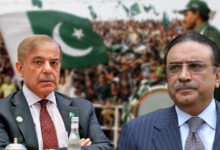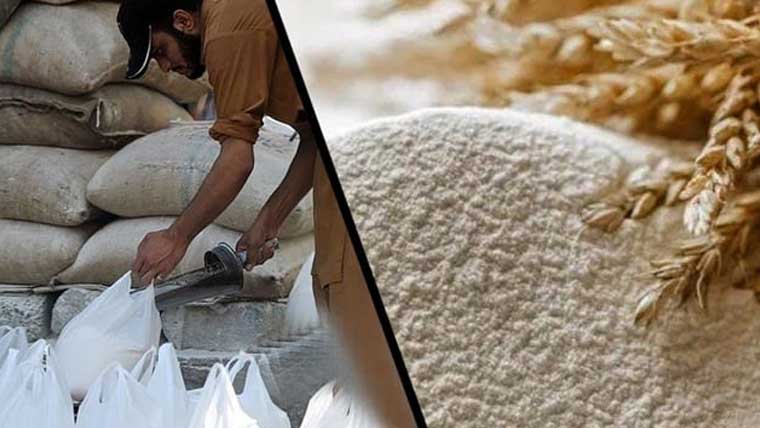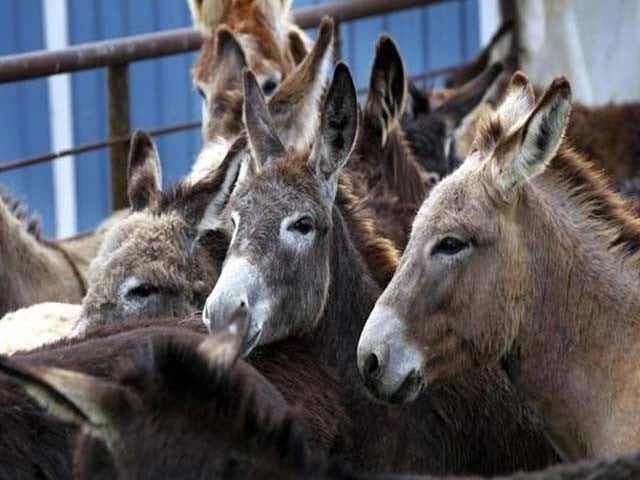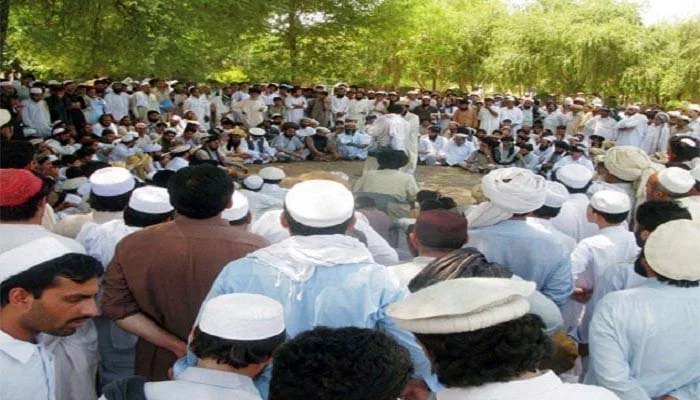PML-N and PPP Members in Balochistan Assembly Approve Resolution to Ban PTI
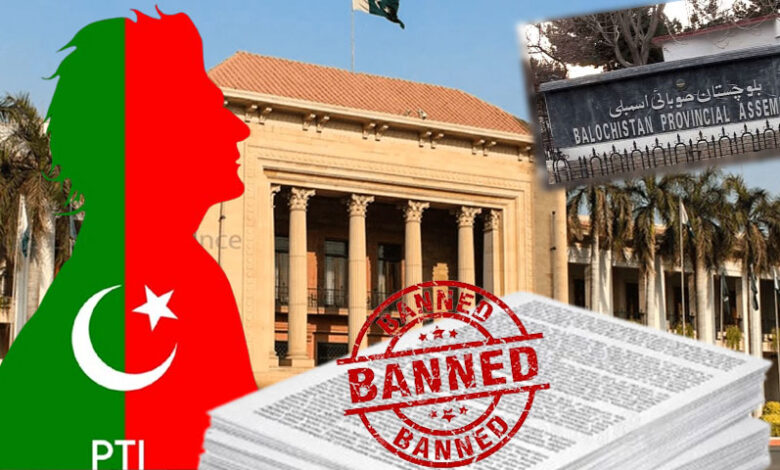
Islamabad:Following the approval of a resolution to ban Pakistan Tehreek-e-Insaf (PTI) in the Balochistan Assembly, a similar resolution has now been tabled in the Punjab Assembly. The resolution, filed by Punjab Assembly member Rana Muhammad Fayaz, seeks to impose a ban on PTI, labeling it as an “instigating group” posing a threat to national security.
According to media reports, the resolution submitted in the Punjab Assembly Secretariat accuses PTI of engaging in anti-national activities. It specifically references PTI’s protests on **November 24** in Islamabad, which the resolution claims were an attack on Pakistan’s national security institutions.
**PTI’s Actions Labeled as Threat to National Unity**
The text of the resolution presented in the Punjab Assembly describes PTI as a “disruptive force” that disregards judicial rulings and fails to respect state institutions, including the judiciary. The resolution further asserts that PTI’s behavior undermines the rule of law and damages the country’s political stability.
It accuses the party of instigating violence and protests, drawing parallels with the unrest seen on **May 9**, when PTI supporters clashed with security forces across Pakistan. The resolution condemns the political actions of PTI leaders and calls for accountability for the **November 24** protests, which are described as an attack on national institutions.
**Balochistan Assembly Resolution on PTI Ban**
The resolution to ban PTI in Balochistan was passed in a session of the provincial assembly, where members of **Pakistan Muslim League-Nawaz (PML-N)** and **Pakistan Peoples Party (PPP)** joined forces to introduce the motion. This move was met with a boycott from opposition members.
In their joint resolution, PML-N and PPP members condemned PTI for its role in **countrywide riots** on May 9 and accused the party of continuing to instigate violence. They claimed that PTI had transformed into a “political instigating group” that negatively impacted Pakistan’s institutions, including the judiciary, media, and economy.
The resolution also criticized PTI for its perceived opposition to the **federal government** and its attempts to destabilize the unity between the provinces. It further condemned the **Khyber Pakhtunkhwa (KP)** government for allegedly using state resources to engage in “openly violent attacks” against federal authorities.
The text of the resolution in Balochistan also emphasized the harm caused by PTI’s actions, which it claims are pushing Pakistan toward political chaos. The assembly members expressed their solidarity with the **Pakistani armed forces**, praising their sacrifices for the country’s security.
**Opposition Walkout and Controversial Reactions**
The resolution was met with strong opposition, particularly from members of the **Jamiat Ulema-e-Islam (JUI-F)** and the **National Party (NP)**. JUI-F’s **Nawab Aslam Raisani** rejected the motion, calling for dialogue and urging the authorities to bring PTI leadership to the table for negotiations instead of pursuing punitive measures.
Dr. **Malik Baloch** of the National Party also voiced his disagreement, suggesting that the solution lies in constitutional avenues rather than resorting to drastic steps like banning a political party. He pointed out the irony of former allies in the **Pakistan Democratic Movement (PDM)** now calling for PTI’s ban, stressing that political parties should focus on upholding the constitution and the rule of law.
Meanwhile, **PML-N** member **Suleman Khoso** defended the resolution, arguing that PTI’s recent actions had crossed a line and posed a threat to Pakistan’s national security. He emphasized that any political party that seeks to undermine state institutions should face consequences.
The debate was heated, and eventually, opposition members staged a walkout, leaving the assembly to approve the resolution in their absence. The motion was passed without opposition input, marking a significant escalation in the political tensions surrounding PTI’s role in the current political crisis.
—
This development in both the Balochistan and Punjab Assemblies highlights growing calls from some political quarters for strict actions against PTI, which has been accused of engaging in activities that threaten national stability. The move to ban PTI, however, remains a highly controversial issue, with significant political and legal implications.

